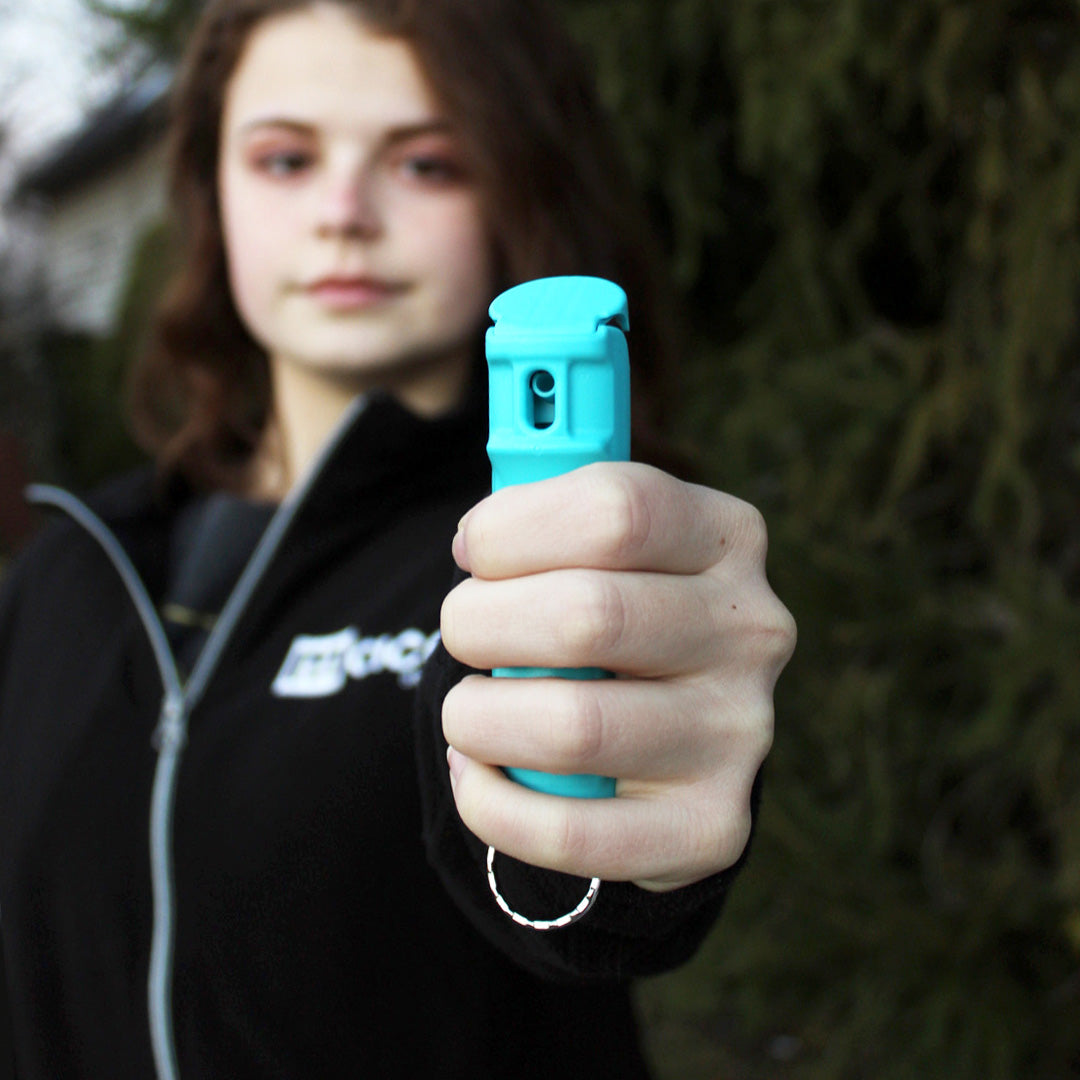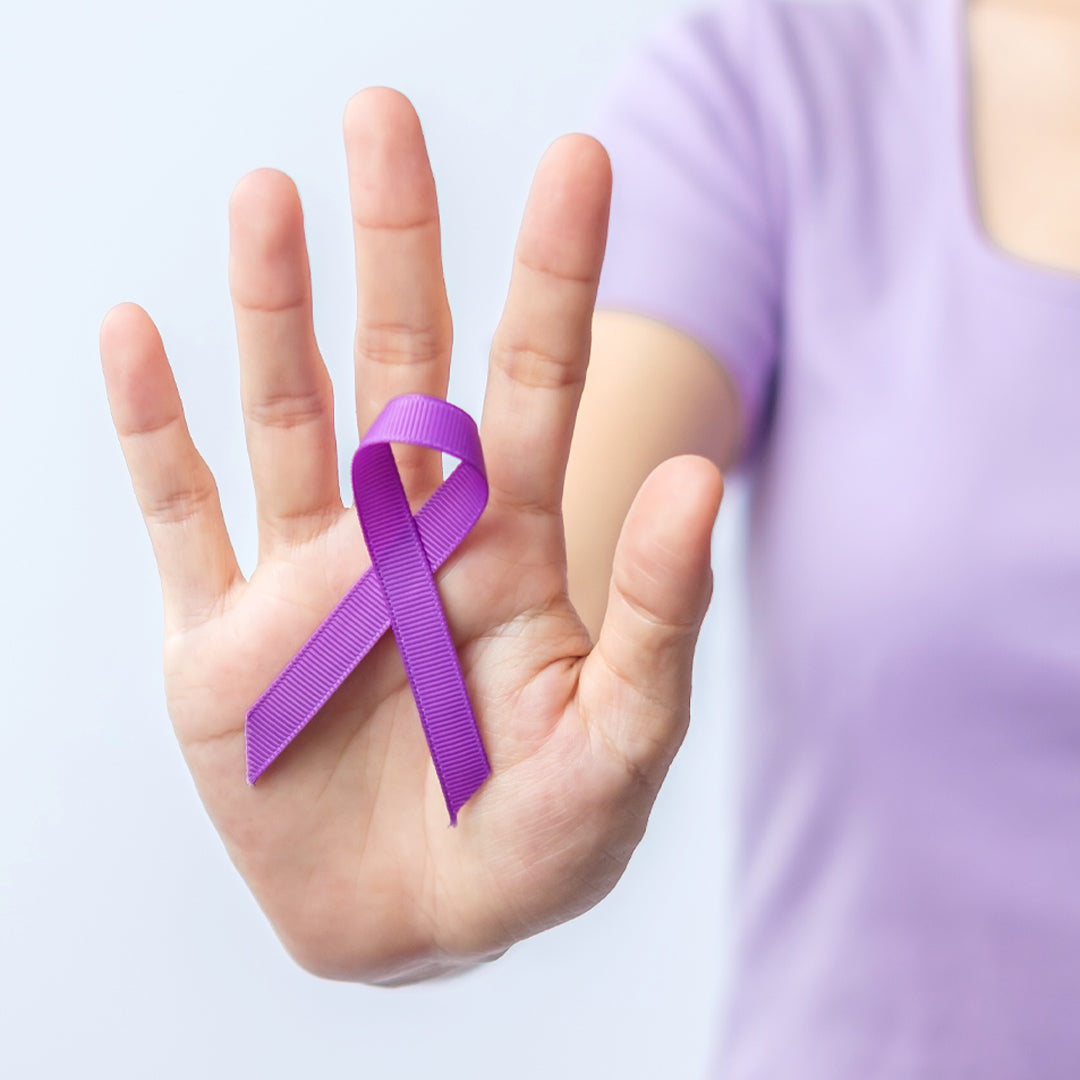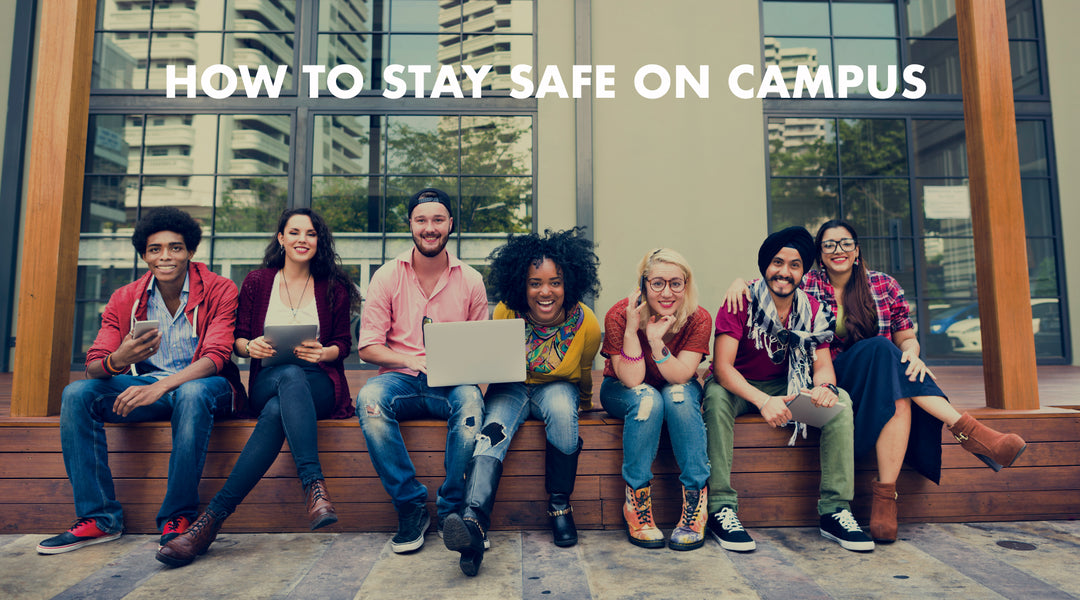Helping Someone Who's Dealing with Abuse
While many people were safe in their homes during the COVID-19 pandemic, home was not a safe place for everyone. Many are experiencing escalating violence or abuse for the first time. The reasons vary, including stress, financial struggles, alcohol or drug use, or the loss of a job to name a few.
Calls to help lines are on the rise, and many agencies are seeing a significant increase in need for services. Many of us want to help, but wonder how to support someone who's dealing with abuse. Let's find out as we help guide you through the process of learning how to provide support to abuse survivors - a process that is not easy, but is well worth it.
WHAT IS DOMESTIC VIOLENCE?
Domestic violence occurs when one person intentionally causes physical or emotional harm to a partner in an intimate relationship.
STATS

(source: Journey Center for Safety and Healing )
QUESTIONS TO ASK
When is someone in a relationship that may be unhealthy or abusive? Consider these questions:
- Does the person ever feel threatened by a partner?
- Does the person feel that he or she deserves more respect?
- Does the person ever feel unsafe disagreeing or arguing with their partner?
- Does the person believe he or she can help their partner change the abusive behavior if they were only to change?
- Is not making a partner angry a major part of this person's life?
- Does the person stay with a partner because of fear he or she will get hurt if they leave or tell someone else?
- Does the person's partner control activities?
 HOW TO HELP
HOW TO HELP
Watching abuse play out with a loved one can be a frustrating and terrifying situation if you don't know what to do. So how can you help and make a positive impact? How can you help when it comes to personal safety? How can you empower them to make the right decisions?
One-on-One
Ask your loved one if you can talk one-on-one, but don't mention abuse and let them choose how to connect. When you're in a safe place, simply ask how they feel about the relationship. Let them know you are concerned, and you respect their boundaries. Make yourself available whenever they want to talk more.
Provide calm support
It's important to be honest about your concerns, but remain calm and avoid unnecessary drama or fear.
"What survivors need most is someone who believes in them and listens to them," says Linley Beckbridge, Communications and Outreach Director at Doorways, a domestic violence shelter located in Virginia. "Just believing them can be really validating, and shore up their resilience for continuing the process of support...the survivor is then much more likely to seek further support from a counselor or an organization like ours."
She says it's important to let them know you are behind them, and never give ultimatums or unsolicited advice.
Offer Resources
If the person you are concerned about is ready to move forward, help by suggesting resources that are in place to help. Search on-line for their state or local "Coalition Against Domestic Violence" to find the nearest coalition. Also the National Domestic Violence Website and hotline, 1-800-799-7233, has trained staff to help.
Another resource to consider is Love is Respect, an organization that focuses on building healthy relationships, and may be a good choice for those who aren't quite ready to admit that they're in a violent relationship or are concerned that the National Domestic Violence website is not what they really need.
Another option: RAINN (Rape, Abuse & Incest National Network)
And remember, local police and fire departments are great safety and defense resources for those in immediate danger.
Consider Personal Protection
For your safety and the safety of those you are concerned about, carry a personal alarm and a cell phone. It's best to prepare. A personal alarm from Mace® Brand can alert anyone nearby if you need help and can also startle and stop a would-be attacker.
Pepper spray can also stop an attacker, allowing you or a loved one the time to get to safety.
Continue to Reach Out
Abusers of any kind often use isolation to deepen their control and keep someone from spending time with someone who is concerned. So keep reaching out to the person you are trying to help, offering yourself as someone to talk to, and to let them know you are behind them.
Mace® Brand is committed to providing community and family safety through individual empowerment.
 Another story you would enjoy: Hiking Safety Tips - Keeping You and Your Family Safe (mace.com)
Another story you would enjoy: Hiking Safety Tips - Keeping You and Your Family Safe (mace.com)





Leave a comment